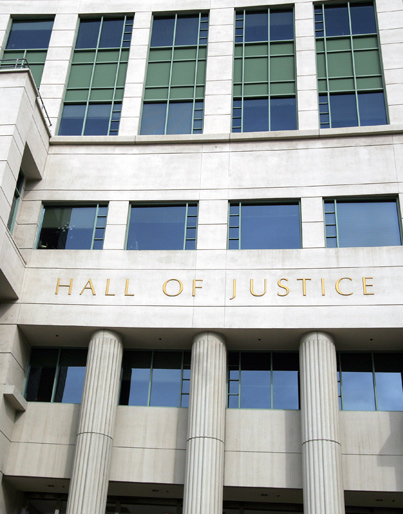
Court of Appeal Confirms that PAGA Claims Are Not Arbitrable
The Private Attorneys General Act (“PAGA”) allows private litigants to step into the shoes of the Labor Commissioner, and seek civil penalties on behalf of themselves and other “aggrieved employees,” which previously could be recovered by only the Labor Commissioner. In Iskanian v. CLS Transp. Los Angeles, LLC, the Supreme Court held that PAGA claims are not subject to arbitration.
Betancourt v. Prudential Overall Supply was decided on March 7, 2017. In that case, the employer claimed that for several reasons, the arbitration agreement between it and the employee required the employee’s claims to be submitted to arbitration.
The employee’s complaint consisted of a single cause of action for “Violation of Labor Code 2698 et seq.,” in which he sought civil penalties for violations of Labor Code sections governing, among other things, payment of wages and reimbursement of expenses. The Prayer for Relief in the Complaint included requests for civil penalties, and “such other and further relief as the Court may deem equitable and appropriate.”
In the arbitration agreement, the parties agreed to submit all claims arising out of employment to arbitration, and stated that the employee agreed “to forego any right to bring claims on a representative or class member basis.”
The employer offered several arguments in support of its claim that the complaint was subject to arbitration. First, it claimed the complaint was not in fact a PAGA action, and instead was a claim for wages purporting to be a PAGA action, as evidenced by the fact that the complaint referenced Labor Code sections relating to wages, and the Prayer for Relief included a catch-all category of “other and further relief.” Second, it argued (a) that Iskanian did not hold that PAGA claims are per se exempt from arbitration, but rather held that predispute waivers of the right to bring a representative action are unenforceable, and (b) the employee’s agreement to arbitrate all disputes arising out of employment included PAGA claims. Third, it argued that the case should be compelled to arbitration, and the arbitrator should decide whether the employee’s claims are arbitrable. Fourth, it claimed that the term in the arbitration agreement regarding “representative actions” could be severed from the agreement, thus reconciling the agreement with what the employer contended was Iskanian’s holding (that an agreement to bring a representative action is unenforceable).
The Court of Appeal quickly dismissed the employer’s argument, primarily based on the concept, as discussed in Iskanian, that litigants pursuing PAGA claims are substitutes for the Labor Commissioner, and therefore PAGA claims are those of the state—and private litigants cannot agree on behalf of the state to submit such claims to arbitration. The court thus confirmed that no PAGA claim is subject to arbitration.

